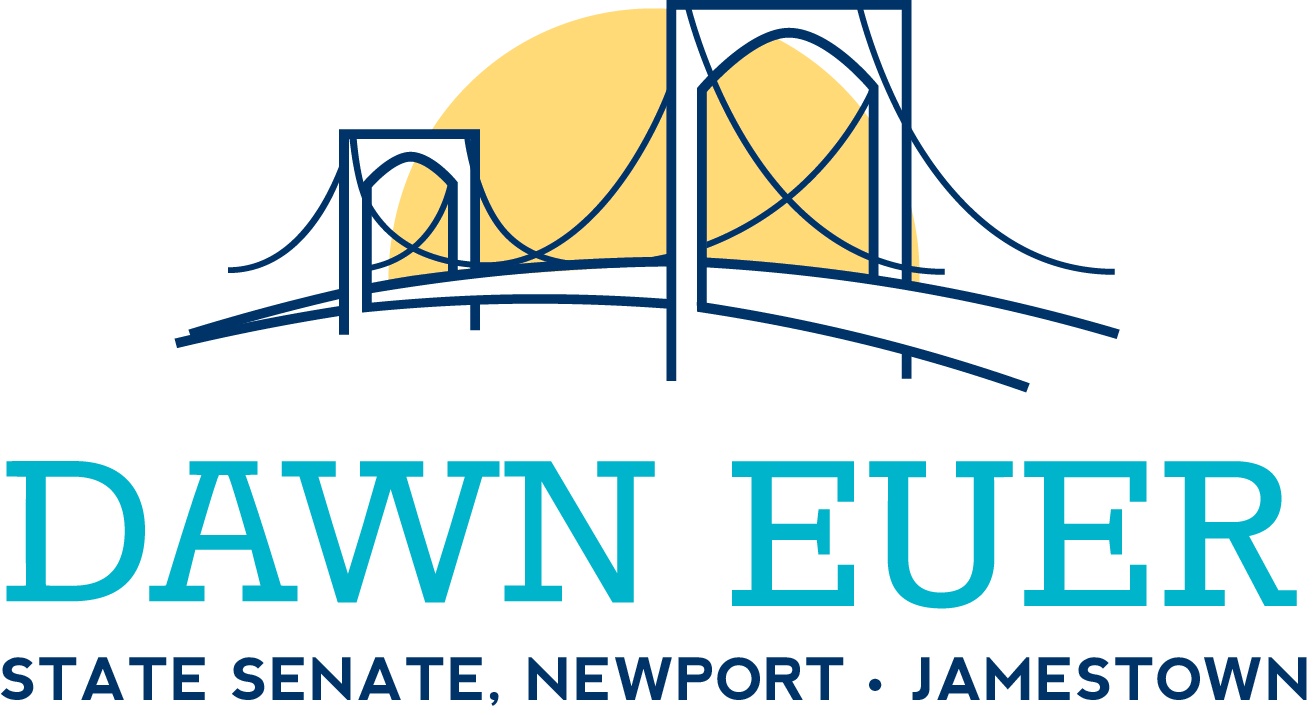I recently returned from a trip with the National Caucus of Environmental Legislators and the Ocean Plastics Leadership Network, touring recycling facilities across the Pacific Northwest. On the tour, we learned about the impacts of Extended Producer Responsibility (ERP) and bottle deposit legislation. ERP is the idea that producers of products are ultimately responsible for the end of life of those products. We looked at the effect these policies have on the ability to recycle different materials. We toured facilities in Vancouver, BC, Seattle, WA, and Portland, OR. In addition to the tours, I was able to speak with local legislators, environmentalists, and industry lobbyists. One thing that was striking to me was listening to the lobbyists talk about how in places that had EPR they would check with the recycling centers to find if the new packaging that was being developed would be recyclable in existing plants with existing technology. Additionally, there was a lot of concern about how single-stream recycling (like what we have in Rhode Island) contaminated otherwise recyclable materials like glass and paper which ultimately gravely reduced their value as a commodity. Recently, the joint Senate & House Study Commission to study "Plastic Bottle Waste" held its final meeting and is expected to issue a report soon. I look forward to reviewing that report and sharing the information I learned on my trip to advocate for improvements to RI's recycling infrastructure.




